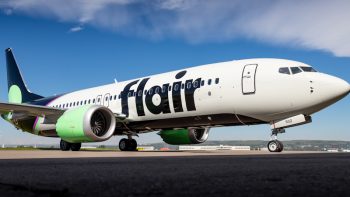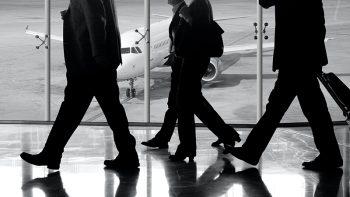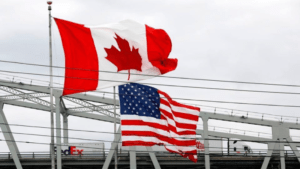
After 19 long months, the U.S. land border to Canada is set to reopen on 08NOV to fully vaccinated travellers.
When American officials released the information last week, they also revealed that those fully vaccinated land arrivals will not be required to provide a negative COVID test.
That’s in contrast to Canada’s border entry regulations, which require all arrivals - by land, air or water - to present a negative PCR test taken up to 72 hours prior to arrival.
While the land border reopening on the American side comes months after Canada took the initiative and unilaterally reopened its land, air and water borders to fully vaccinated Americans in AUG, the disparity between the regulations on both sides once the U.S. reopens its borders next month is prompting calls for Canada to ease up on testing requirements now.
As Open Jaw reported last week, border states and communities, desperate for cross-border visits, family reunification and shopping as we head into the holiday season are adamant that Canada’s testing requirements are a barrier to the return to travel.
New York Member of Congress Brian Higgins spoke to the media on behalf of a group of American politicians who are writing to Canadian leaders to get the testing mandate cancelled.
“Testing is redundant (to proof of full vaccination),” he said. “It will lead to a lot of Canadians that will be reluctant to come into the United States … There’s a cost associated with that. It’s also an additional administrative step that I think is unnecessary.”
Over the weekend, Public Safety Minister Bill Blair spoke with CBC, and pointed out that the U.S. does still require negative tests for air arrivals “exactly as Canada does,” implying there was some consistency between regulations in both countries. That’s despite the fact that the U.S. requires only antigen tests, not PCR tests for air travellers - and will not require any tests at all for land arrivals.
Blair confirmed that negative PCR tests to enter Canada by any mode of transportation were here to stay - for now.
“Right now, it's been a very effective protection for Canadians,” he said, adding that as recently as Friday, the Public Health Agency of Canada affirmed that pre-arrival negative testing was still important “for the time being.”
Furthermore, he clarified that Ottawa has no intention of lessening the testing requirement from a less-accessible, more expensive and time-consuming PCR (molecular) test to simpler, quicker and cheaper antigen tests - the ones required for U.S. air arrivals.
“A negative PCR test has proven to be one of the more effective” protections at the border to ensure new cases are not arriving via Canada’s borders, he told CBC.
Blair did add that the pre-arrival PCR testing policy, like all COVID policies, was open to review and updating as circumstances evolve.
And for day trippers at least, he noted even last week that Canadians making short trips to the U.S. could potentially get tested in Canada before their departure to the U.S., as Canada accepts negative PCR tests that are taken up to 72 hours prior to a traveller presenting at the border on their return to Canada, and it can be easier and less expensive to be tested in Canada than sourcing a PCR test once in the U.S.






